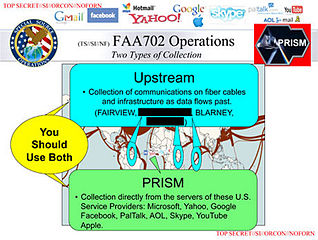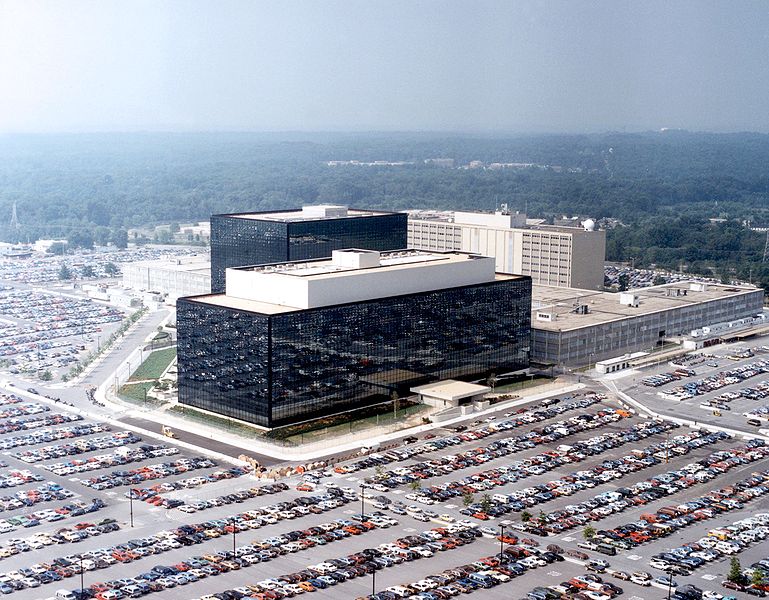September 9, 2025
Browse by Subject
- Defamation (588)
- Copyright (511)
- Legal Threat (507)
- Free Speech (411)
- Blogs (315)
- Section 230 (309)
- Anonymity (301)
- Social Media (297)
- Citizen Journalism (286)
- Newsgathering (286)
- Fair Use (280)
- Criminal (279)
- Journalism (266)
- Access to Gov't Information (242)
- Third-Party Content (239)
- Censorship (230)
- Twitter (229)
- Privacy (213)
- CMLP (211)
- Trademark (189)
- DMCA (162)
- Shield Laws (149)
- Access to Courts (148)
- Prior Restraints (120)
- FOIA (107)
- SLAPP (105)
- Cyberbullying (89)
- Elections and Politics (88)
- Legal Guide (84)
- Recording Others (83)
- User Comments or Submissions (82)
- Terms and Conditions (80)
- Publication of Private Facts (80)
- Right of Publicity (79)
- Subpoenas (78)
- Advertising (77)
- Consumer Ratings and Reviews (59)
- Intrusion (54)
- False Light (54)
- Student Speech (54)
- Gripe Sites (51)
- Congress (49)
- Hot News Misappropriation (47)
- Resources and Tools (45)
- Open Meetings (43)
- Children (42)
- Linking (41)
- Computer Fraud and Abuse Act (41)
- Obscenity (36)
- Access to Places (35)
- Business Torts (33)
- Identity (33)
- Aggregation (33)
- Trade Secrets (30)
- Trade Libel (25)
- Personal Jurisdiction (24)
- Licensing (24)
- Business Formation (23)
- Taxes (22)
- Sanctions (21)
- Employee Blogs (20)
- Domain Names (19)
- Real Estate (17)
- Retractions and Corrections (15)
- Credentials (15)
- DMLP (13)
- Cyberstalking (13)
- Reviews (11)
- Insurance (11)
- Hate Speech (11)
- Misappropriation (11)
- Establishment Clause (10)
- Government Speech (9)
- Website Design (7)
- Statute of Limitations (4)
- Science (3)
- Patent (2)
Recent Blog Posts
-
11 years 2 months ago
-
11 years 3 months ago
-
11 years 4 months ago
-
11 years 4 months ago
-
11 years 4 months ago
-
11 years 5 months ago
-
11 years 5 months ago
-
11 years 5 months ago
We are looking for contributing authors with expertise in media law, intellectual property, First Amendment, and other related fields to join us as guest bloggers. If you are interested, please contact us for more details.


 In 2012, a bevy of internet companies and web sites waged a successful
In 2012, a bevy of internet companies and web sites waged a successful  On December 19, 2013, the French
On December 19, 2013, the French  [We are delighted to run this piece by our friend and Berkman Center colleague Ryan Budish - eds.]
[We are delighted to run this piece by our friend and Berkman Center colleague Ryan Budish - eds.]
 On November 6, the Paris Tribunal de Grande Instance (TGI) ordered Google and Google France to withdraw and stop displaying in their search engine results, for a period of five years, nine pictures of British citizen Max Mosley. By doing so, the TGI refused to consider Google as a mere Internet intermediary that provides hosting and/or caching functions.
On November 6, the Paris Tribunal de Grande Instance (TGI) ordered Google and Google France to withdraw and stop displaying in their search engine results, for a period of five years, nine pictures of British citizen Max Mosley. By doing so, the TGI refused to consider Google as a mere Internet intermediary that provides hosting and/or caching functions. If you're arrested, your arrest is public information: your name, your address, what you're accused of. Many news organizations publish this information on a daily basis for their communities, as part of their news coverage.
If you're arrested, your arrest is public information: your name, your address, what you're accused of. Many news organizations publish this information on a daily basis for their communities, as part of their news coverage.
 The government's quest for a password-protected bitcoin fortune from the Silk Road shutdown may lead to a Fifth Amendment battle over whether a constitutional right against self-incrimination can protect the website's founder from compulsion of data.
The government's quest for a password-protected bitcoin fortune from the Silk Road shutdown may lead to a Fifth Amendment battle over whether a constitutional right against self-incrimination can protect the website's founder from compulsion of data.
 On June 25, 2013, the Opinion of the Advocate General Niilo Jääskinen (AG) in case C-131/12,
On June 25, 2013, the Opinion of the Advocate General Niilo Jääskinen (AG) in case C-131/12,  (This is the second part of a two-part post. In
(This is the second part of a two-part post. In  (Following on from
(Following on from 